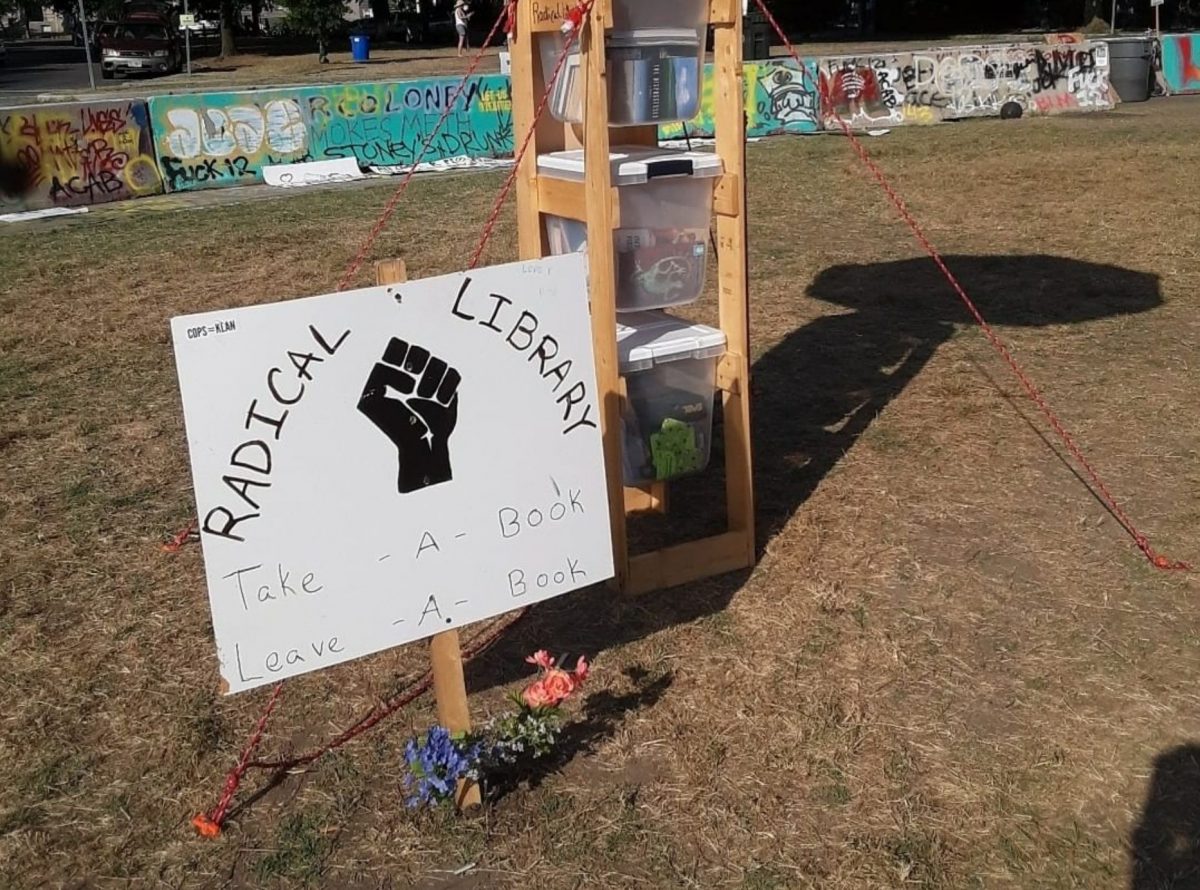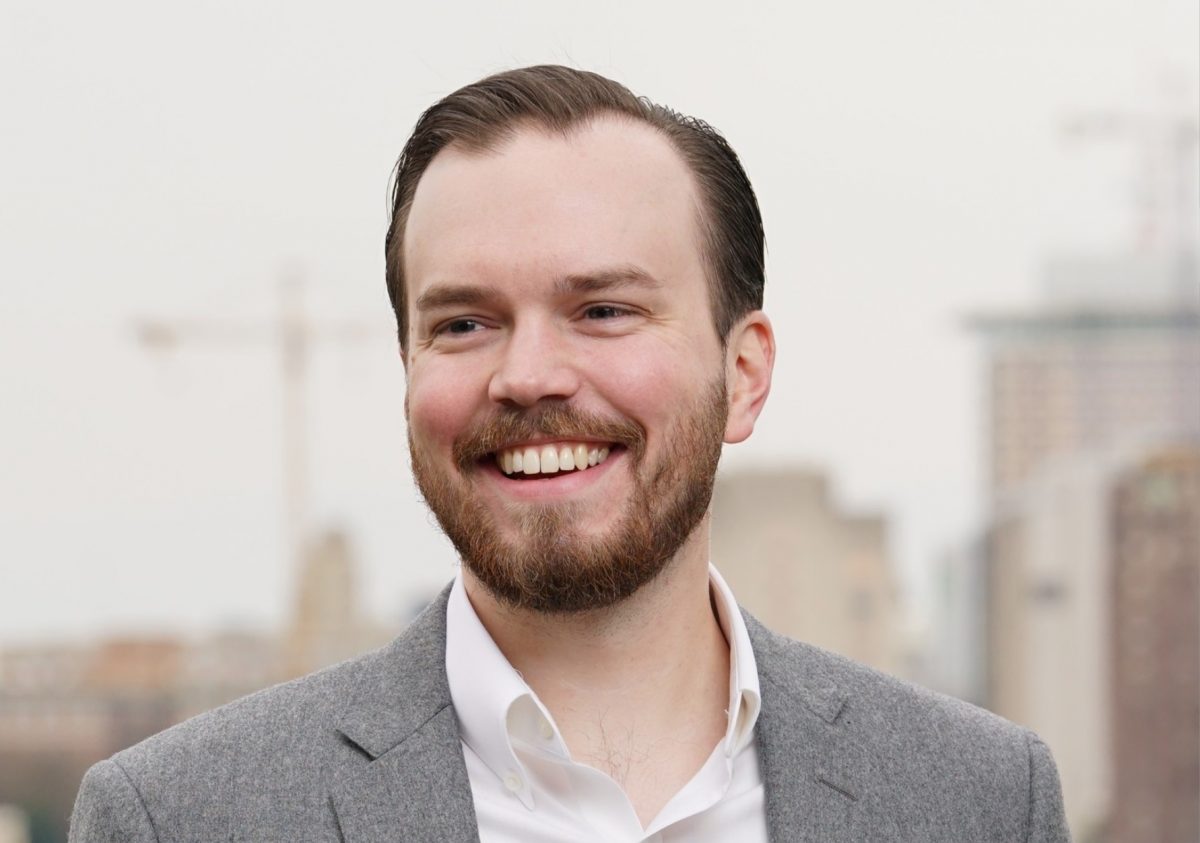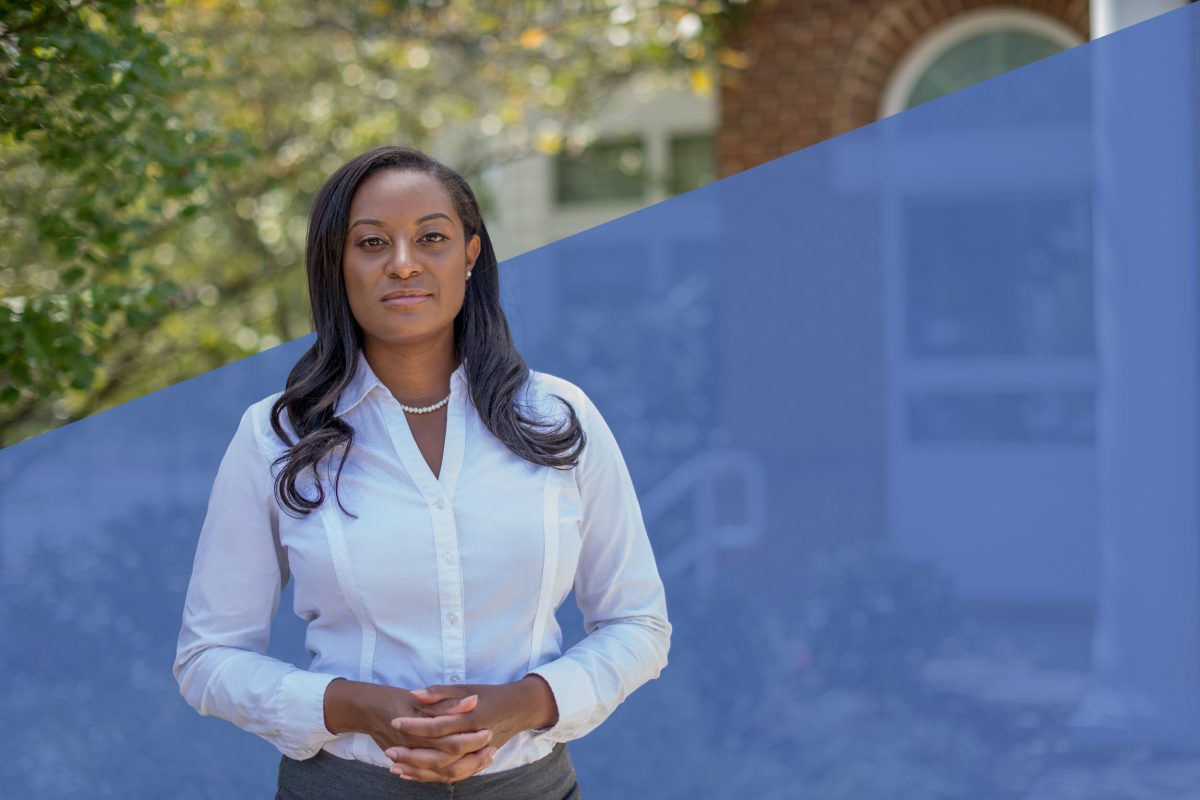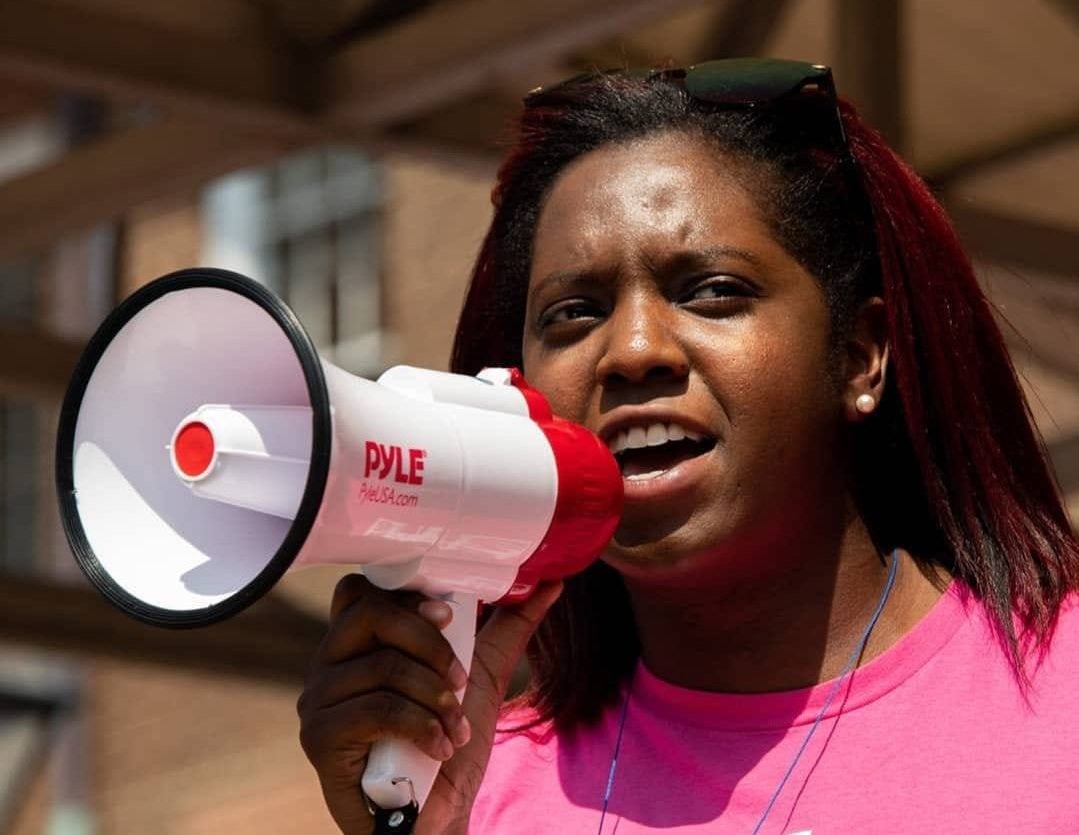To assist people in getting to the new registrar’s office, GRTC is supplying shuttle buses to provide transportation to those who need to change their registration or vote early in-person. GRTC is now offering free shuttle buses to the City of Richmond’s new...





